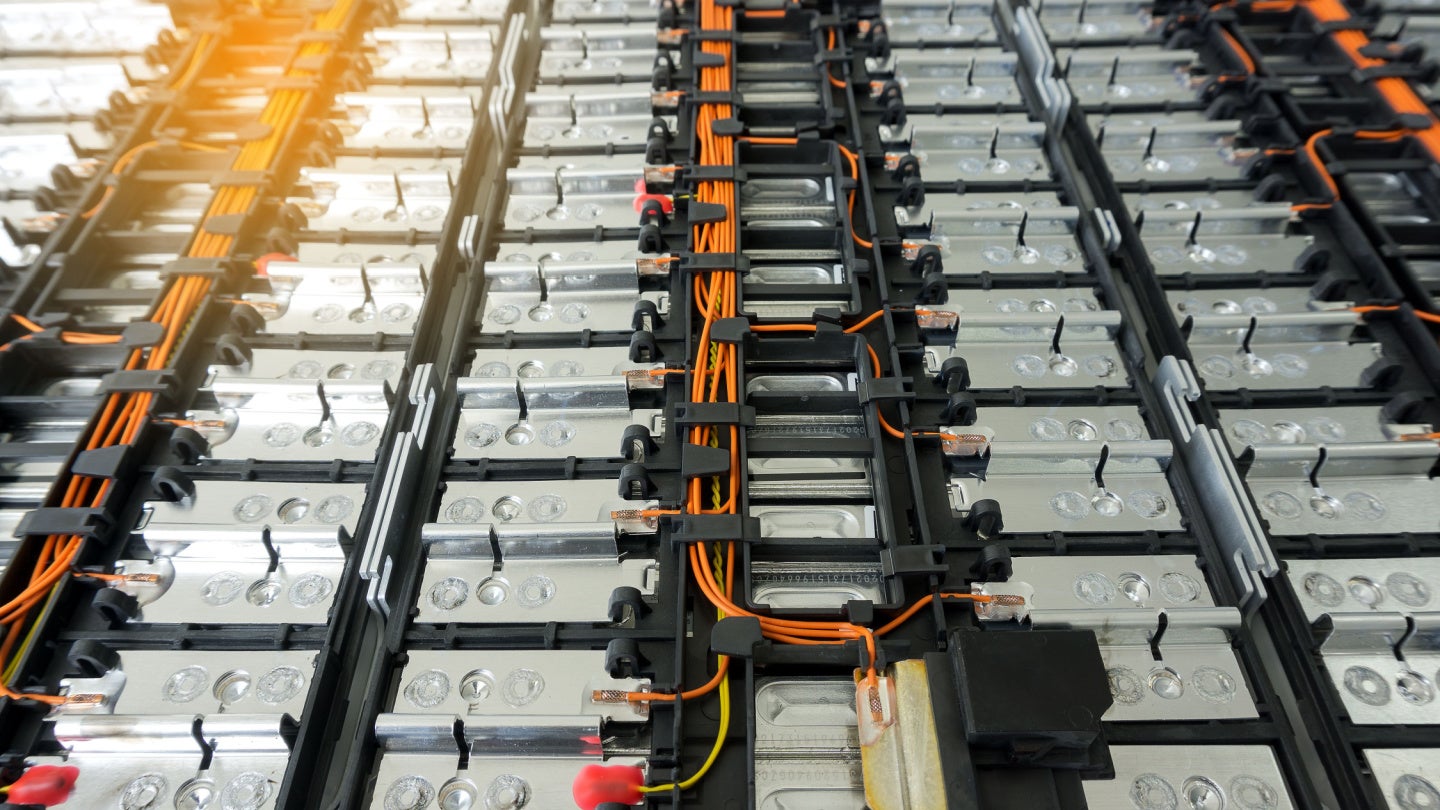
Scaling production to meet growing demand for electric vehicles (EVs) is challenging for all the makers involved, but particularly for startups as they may be perceived as higher risk. With EV battery packs, and the raw materials required to make them, in short supply, manufacturers will need to box clever to improve their operational resilience and secure the supplies they need.
Knowing which sources of supply to secure is vital when planning to improve operational resilience. Conducting an end-to-end assessment of the supply chain will help to identify suppliers that have a higher or lower risk profile. A triage-style process is sometimes used to identify suppliers that are ‘mission-critical’ to the EV maker or OEM based on how many alternative sources of supply exist or the added value they bring through collaboration.
The complex nature of most global supply chains and the rapid growth in demand for battery-electric vehicles has increased the risk of supply shortages. There is growing concern in the UK and Europe that demand for lithium-ion batteries, which are currently used in EVs, could outstrip supply potentially as early as 2025. With much of the world’s lithium passing through China’s refineries, sourcing this essential raw material is becoming increasingly competitive and challenging for battery manufacturers in the UK, Europe and the US.
Another concerning risk factor for EV makers is uncertainty surrounding the EU-UK Trade and Cooperation Agreement (TCA), which was provisionally enforced in May 2021. Under the terms of the agreement, in order to benefit from zero tariffs and zero quotas when transferring goods between the UK and the EU, EV makers must comply with new Rules of Origin (RoO). However, the EU has recently confirmed that it is proposing to delay the introduction of these rules by three years, which will be a relief for EV makers and EV battery manufacturers in the UK. When they take effect, the new rules will require 45% of the value of an EV to have originated in the UK or EU – and 60% of the battery pack. However, shortages of lithium-ion batteries could mean that UK-based EV makers are unable to meet these requirements in the specified timeframe, which could seriously disrupt their business model. Even if they were able to source these mission-critical units domestically, this could bring additional cost (as much as £3,600 per UK-made EV sold in Europe); leading to an end product that lacks competitiveness.
Against this backdrop of increased supply chain risk, becoming a customer of choice is essential. While it is not always recognised, one of the best ways to secure a mission-critical supplier relationship is through consistency; which means sticking to your strategic growth plan and its timings and hitting your projected volumes. For startups and other scaling businesses, this approach could help to protect the cost base, as suppliers will feel more confident that the company will deliver against its promises. On the other hand, late-stage product changes leading to tweaked orders can have a destabilising effect on customer-supplier relationships.
If a mission-critical supplier lacks confidence in a prospective customer, they may adapt their bid accordingly. For example, they could limit the choice of sourcing options or try to ‘cover up’ for any shortfall by bidding based on lower order volumes than those projected by the customer. At a time when the balance of power has shifted in favour of the supplier, EV makers and OEMs should aim for openness and stability as far as possible; sharing details of their strategic roadmap clearly and avoiding changes.
How well do you really know your competitors?
Access the most comprehensive Company Profiles on the market, powered by GlobalData. Save hours of research. Gain competitive edge.

Thank you!
Your download email will arrive shortly
Not ready to buy yet? Download a free sample
We are confident about the unique quality of our Company Profiles. However, we want you to make the most beneficial decision for your business, so we offer a free sample that you can download by submitting the below form
By GlobalDataDuring negotiations, if a supplier lacks confidence in a customer’s ability to deliver the stated order volumes, it could impose an Independent Board of Approval to assess the company’s financial position and the viability of its business plan. If this appraisal fails to deliver a satisfactory outcome, the preferred supplier may not bid for the contract at all. Assuming a contractual agreement is reached however, it is important that the new customer follows through; ensuring that they meet their early commitments. For EV startups, careful management of working capital may be required throughout this phase to avoid unsettling cashflow issues.
There are other ways to improve operational resilience and mitigate the risk of supply chain disruption, but significant upfront investment is likely to be needed. For example, some makers are opting for vertical integration. Tesla currently sources its lithium-ion battery cells exclusively from Panasonic, but it has invested in a lithium refinery plant in Texas and additionally manufactures some specialist vehicle components, such as seats and castings inhouse. Similarly, VW is looking to manufacture its own semiconductors.
Other risk mitigation strategies are already widespread, such as buffer stocks to smooth over temporary breaks in supply and the design and development of data-based tools for internal and external use. Such tools could be used to share real-time information with key suppliers to streamline inventory control and management across the value chain. However, increasingly, EV makers and OEMs are seeking the support of data scientists to build AI-powered predictive tools capable of mapping risk events before they happen.
Some OEMs are also beginning to explore the use of procurement offset agreements, similar to those typically used in the aerospace industry. If goods or raw materials are being sourced from an area of the world that is underdeveloped, then some support with knowledge sharing and training could help to secure the contract. If cost volatility is an issue but continuity of supply is vital, in the case of raw materials for example, the customer could opt to underwrite potential price increases via raw material escalator mechanisms beyond a certain point or underwrite raw material and inventory costs. Alternatively, flexibility clauses could be used to trigger a re-appraisal of the contract to ensure the terms and conditions remain fair for both sides.
When it comes to improving operational resilience and securing mission-critical suppliers, there are many potential solutions. For EV startups, a confidence-building strategy based on openness, stability and meeting commitments will be most successful, whereas bigger, more established players may need to focus on working collaboratively, spreading best practice and being prepared to think outside of the box.
Dom Tribe is a partner and automotive sector specialist at management consultancy, Vendigital.









Related Company Profiles
Tesla Inc
Panasonic Holdings Corp